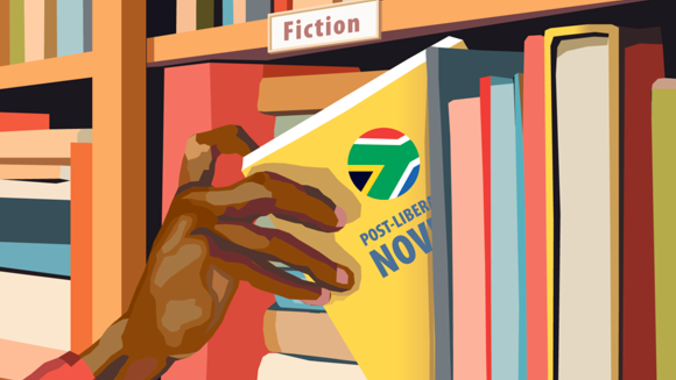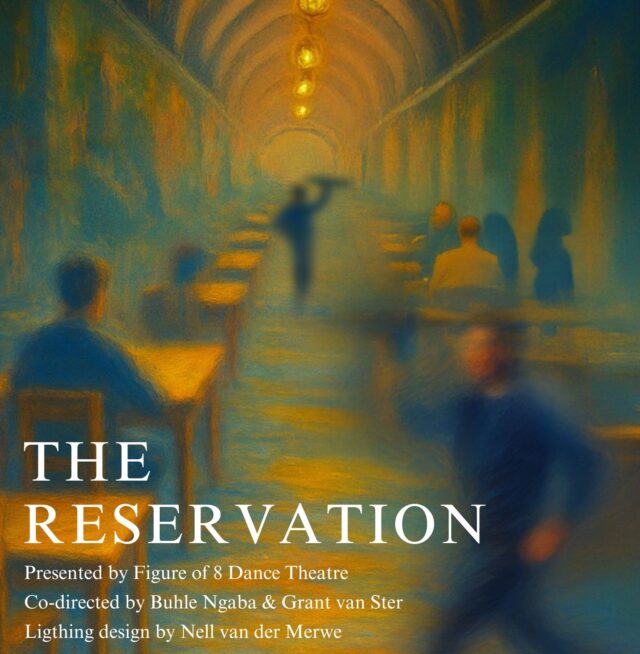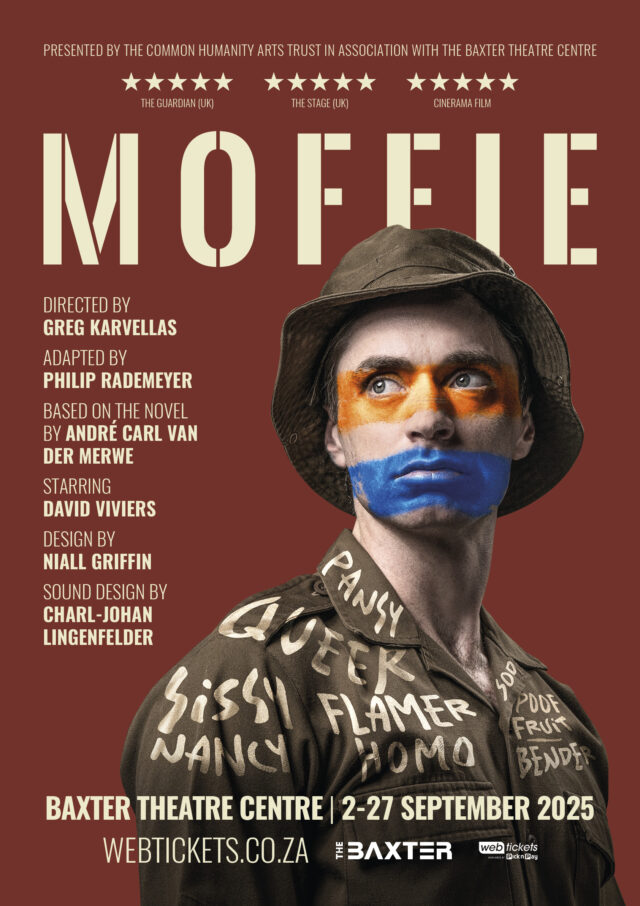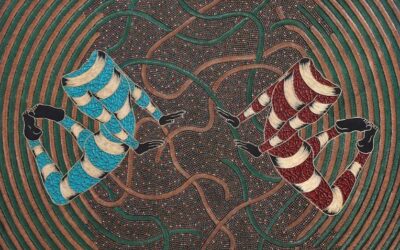Transformation of South Africa’s literary scene will take more than one writer crying ambiguously, writes Kwanele Sosibo.
Publishing houses are not transformed, Pumla Dineo Gqola said, and aspects such as editing and social media are run by white people and thus “black people would always be anthropological subjects”.
In one of the many post-Franschhoek Literary Festival debates that have taken place around the idea of decolonising literature, it is perhaps Sunday Times books editor Ben Williams who cut to the chase. He described the so-called “white literary system” – the one Thando Mgqolozana had vowed to opt out of in a heated panel discussion at the festival – as imposing an “ambiguity of dependence”. Once one is immersed in it, Williams said, “one can’t move in any direction unambiguously”.
READ: Thando Mgqolozana – I’m not going to wake up to a decolonised SA
It was quite soon after Mgqolozana began speaking at a Wits University discussion around “decolonising the literary landscape” that it became apparent that he too could not move in any direction unambiguously. Mgqolozana said: “I wish I was taking a stand not to be published by Jacana … I cannot change those things.” But his 21 tweeted suggestions, which have become something of his manifesto for decolonising the South African literary scene, begin by declaring that “starting our own thing [a whole new literary infrastructure] is the only way”.
Mgqolozana’s main points in this regard are that the power to change things lies not necessarily with black writers but with readers and book buyers. He suggests, to get books into townships, using a model based on the existing distribution system to shebeens that also draws on the abundant ingenuity of township dwellers. But he also sounded a warning: private individuals alone cannot deliver what’s required.
Williams, also the founder of bookslive.co.za, was present when Mgqolozana made his Jacana remarks and emphasised that ambiguity is evident in a lot of South Africa’s economies. “It’s a feature of our society. Our markets are small and it’s difficult to make a break with a system and exist outside of those dependencies because they are also legitimising forces. You can get ahead quickly inside of them.
“Radical action is needed to create ruptures and realignments. It’s a question of how quickly these realignments happen. It is similar to what has been happening on the campuses with the #RhodesMustFall movement. Some of it is symbolic, but the Rhodes statue has gone and that happened quite swiftly.”
For full report by Kwanele Sosibo see Mail & Guardian






